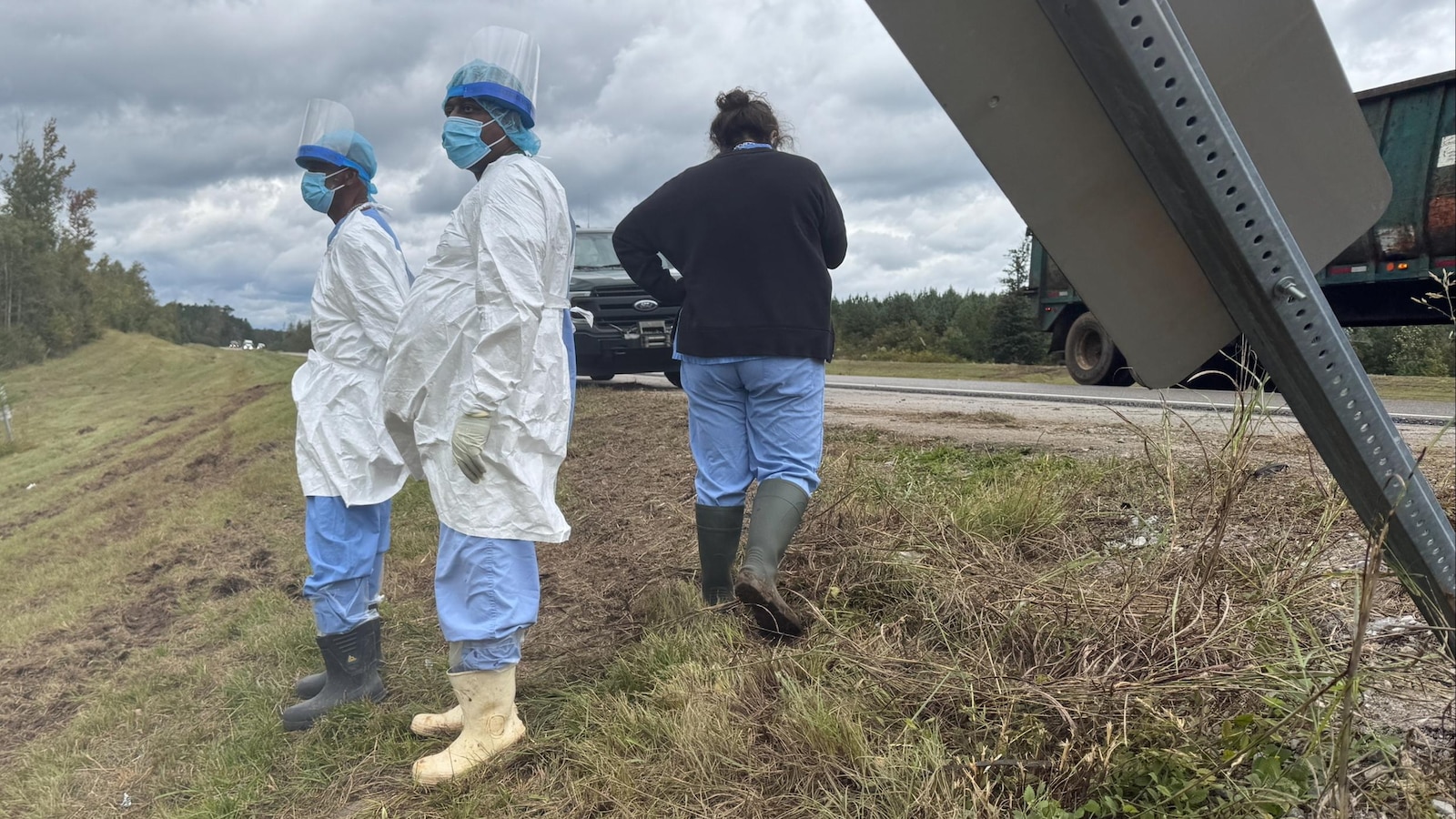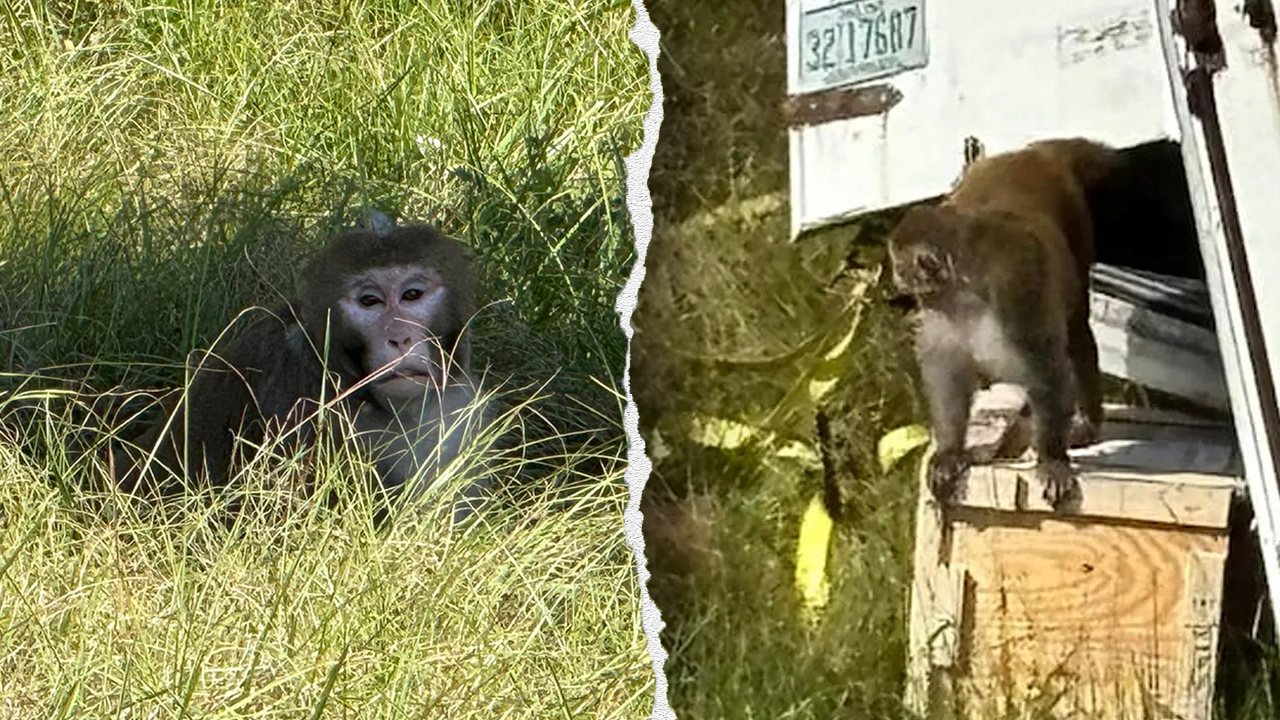Research Monkeys Escape After Truck Overturns in Mississippi
A truck carrying research monkeys overturned on a Mississippi interstate, leading to several escapes. Three aggressive monkeys remain at large, highlighting the secretive world of animal research.
Subscribe to unlock this story
We really don't like cutting you off, but you've reached your monthly limit. At just $5/month, subscriptions are how we keep this project going. Start your free 7-day trial today!
Get StartedHave an account? Sign in
Overview
- A truck transporting 21 Rhesus macaques for research purposes overturned on a Mississippi interstate, leading to several monkeys escaping into the surrounding area.
- Following the crash, three aggressive research monkeys remained at large, prompting a search effort where five of the macaques were unfortunately killed.
- The incident brought attention to the secretive nature of animal research, as authorities withheld details about the driver, transport company, and the monkeys' destination.
- Tulane University confirmed the escaped monkeys were housed at its National Biomedical Research Center but clarified it did not own them, underscoring industry confidentiality.
- The crash sparked diverse public reactions, ranging from conspiracy theories to serious concerns from animal rights advocates regarding animal experimentation practices.
Report issue

Read both sides in 5 minutes each day
Analysis
Center-leaning sources frame the monkey escape as a symptom of a "secretive world" of animal research, emphasizing a lack of transparency. They highlight the undisclosed details and feature critical voices from animal advocates and politicians, collectively portraying the industry as problematic and opaque, rather than focusing on the incident's immediate facts.
Articles (3)
Center (2)
FAQ
The monkeys that escaped were Rhesus macaques (Macaca mulatta), a species commonly used in biomedical research.
Authorities have withheld details about the driver, transport company, and destination due to industry confidentiality and the secretive nature of animal research, as indicated by Tulane University’s statement and lack of disclosure by officials.
Yes, Rhesus macaques are known to be aggressive, and the public has been advised to avoid any contact with them. Initial concerns about infectious diseases were later clarified by Tulane University, which stated the monkeys were not infectious.
Authorities have conducted an active search for the escaped monkeys, during which five macaques were killed. They also advised the public not to approach the monkeys and to report sightings to law enforcement.
Animal rights advocates have expressed concerns about the secrecy surrounding who owns the monkeys, where they were being sent, and the broader ethical issues related to primate experimentation.
History
- This story does not have any previous versions.

